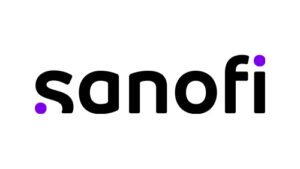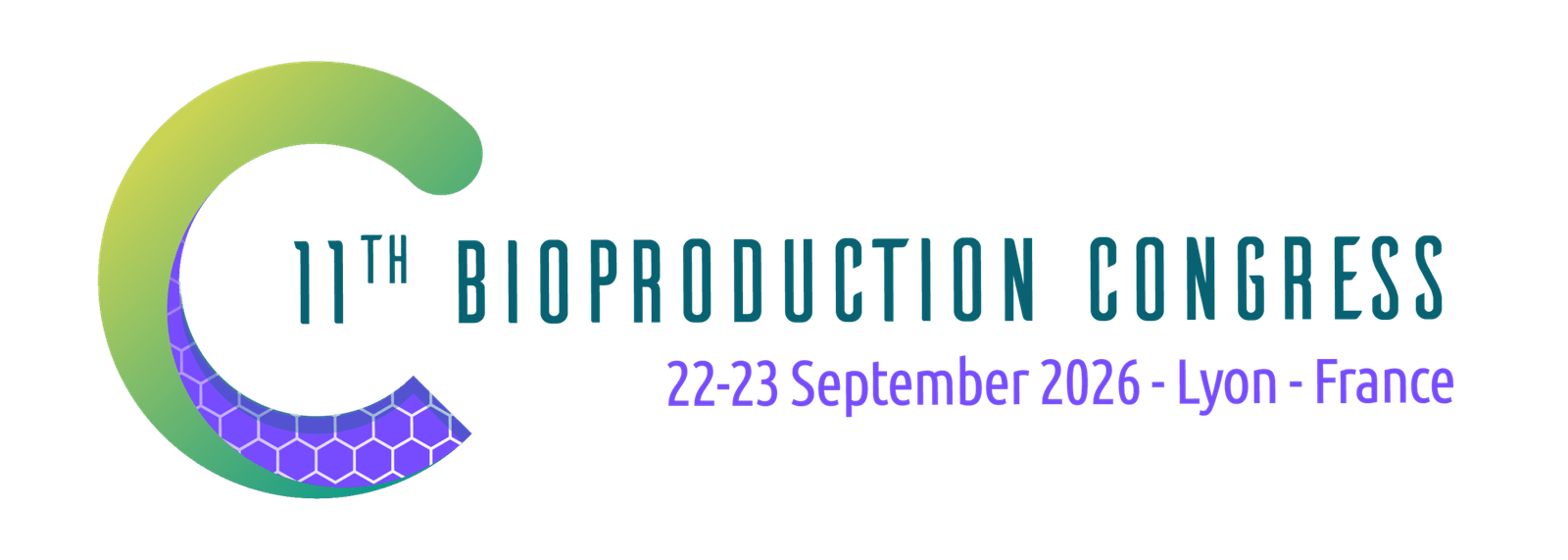Workshop n°1
Monday, 22 September 2025
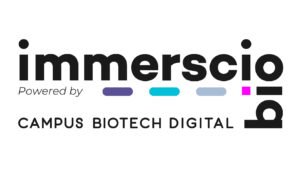
Upskilling Bioproduction Teams in Data Analysis and ATMP Bioprocesses through Innovative Digital Learning
14h00
Workshop Overview
Discover how Immerscio.bio, a training organization dedicated to biomanufacturing, supports workforce upskilling through two new digital learning programs
• Data analysis across the bioproduction lifecycle
- Plenary
This program covers the full data lifecycle in biomanufacturing, from process design to commercial production. Learners explore how data is generated (ERP, MES, LIMS, ..), structured, and governed, and how it supports continuous improvement, regulatory compliance, and operational efficiency. The program introduces key concepts in data architecture, statistical analysis, and IA & modeling methods for process optimization, using real-life case studies.
• Bioprocesses for Advanced Therapy Medicinal Products (ATMPs)
This program introduces the fundamentals and regulatory landscape of Advanced Therapy Medicinal Products, including gene therapy, RNA-based strategies, and cell/tissue engineering. Learners explore biomanufacturing processes specific to viral and non-viral vectors, as well as industrial scale-up challenges, through real-world case studies and digital simulations.
This interactive session includes a live demonstration of our digital platform and an open questions on Immerscio digital platform and workforce training.
Workshop Program
- Introduce Immerscio.bio’s digital training approach
- Explore the structure and objectives of the 2 new learning packs on Data & ATMPs
- Live demo an interactive session on Immerscio.bio learning Platform
Workshop Facilitators

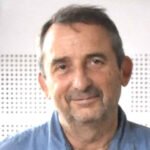
François RAGOT
Bioproduction Expert
Immerscio.bio, France
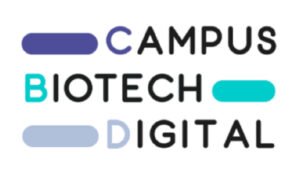

Céline ROCCA
Head of Pedagogical Committee
Campus Biotech Digital, France


Cynthia HITTI
Business Developer
Immerscio.bio, France
Workshop n°2
Monday, 22 September 2025
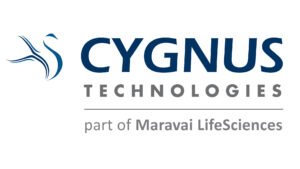
14h00
Host Cell Protein Analytics for Biologics and Cell & Gene Therapies
- Plenary
Chairman
Workshop Overview
Host Cell Protein constitute a major group of process-related impurities in biological drugs and can pose a risk to patients and affect the efficacy and stability of the drug. HCPs represent a significant component of a biopharmaceutical drug developer’s overall risk-management strategy. HCP analytics have come a long way over the last 25 years. We have gone from a “black box” type approach that produced numbers that were semiquantitative at best to groundbreaking Mass Spectrometry techniques that can identify every host cell protein in a Drug Substance sample. While the HCP ELISA is still semi-quantitative today, it is by no means a black box. We now have the tools to know exactly which HCP the assay can detect and which ones it will miss.
Topic #1: Adoption of Advanced Technologies and Methods for HCP Analysis and HCP ELISA Qualification
We will discuss how adoption of advanced technologies and methods for HCP analytics ensure that an HCP ELISA, whether it is a generic or a process-specific assay, is appropriate for use and allows data driven risk assessment to ensure drug product integrity and safety. We will also present several case studies focusing on HCP antibody coverage assessment utilizing 2D PAGE- and MS-based methods. Additionally, data on Cygnus CHO Lipase Assay using stable isotope labeled peptides and PRM-MS absolute quantification method will be presented.
Topic #2: Analytics for Other Process-related Impurities in Biologics: Protein A, Protein L, Host Cell DNA
An overview of other host cell and process-related impurities, requirements for impurity testing and Cygnus Technologies novel solutions for their reproducible detection and quantification.
Workshop Moderators

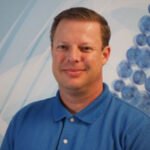
Eric BISHOP
Vice President - Research & Development
Cygnus Technologies


Alla ZILBERMAN
Vice President - Technical Marketing
Cygnus Technologies
14h00
Titre de la track
- Plenary
Chairman
10h00
Titre de la présentation
Prénom NOM
Fonction
Entreprise, Pays
10h30
Titre de la présentation
Prénom NOM
Fonction
Entreprise, Pays
Workshop n°3
Monday, 22 September 2025
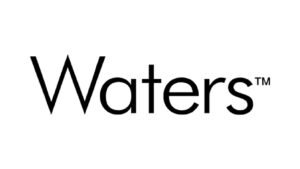
Insight to Impact: Analytical Strategies for Bioprocess Monitoring and Offline Laboratory LC Workflows
14h00
Case study 1: Unlock the full potential of ADC characterization through multidimensional analytical workflows
- Plenary
Chairman
Summary
Antibody-drug conjugates represent a rapidly evolving class of biotherapeutics, demanding precise and comprehensive characterization to ensure safety, efficacy, and consistency. Jubilant Biosys will describe deployment of multidimensional analytical workflows – integrating intact mass analysis – to unlock deeper insights into ADC structure, heterogeneity, and critical quality attributes.
Participants will see examples of the waters_connect INTACT Mass Application, a powerful platform designed to streamline and automate intact mass workflows. Real-world case studies will showcase how this software enhances data visualization, accelerates decision-making, and supports regulatory compliance.
14h45
Case study 2: Accelerating Bioprocess Development, from clone selection and upstream analytics to downstream on-line monitoring.
- Plenary
Chairman
Summary
Efficient bioprocess development hinges on rapid insights into both product quality and process performance. This workshop explores the integration of advanced analytical technologies across the development lifecycle
Automated LC-MS walk-up systems can accelerate product quality attribute and spent media analysis, while on-line UPLC and real-time multi-angle light scattering enable continuous attribute monitoring. These tools empower scientists to better understand process-product relationships, troubleshoot faster, and make informed decisions in real time.
Join us to learn how these workflows can enhance process control and shorten development timelines.
Workshop Moderators
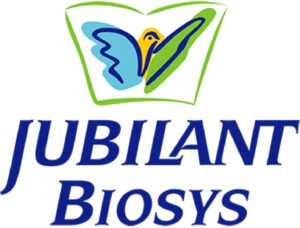

Elsa WAGNER
Research Expert, Biologics
Jubilant Biosys, France


Nick PITTMAN
Senior Marketing Manager, Global Biologics Business
Waters Corporation, UK


Mickael HYBOIS
System Sales Team Leader
Waters Corporation, France
Workshop n°4
Monday, 22 September 2025

14h00
Streamlining CMC and Quality Control Solutions for Safer Biologics Manufacturing
- Plenary
Chairman
Workshop Overview
Discover ACROBiosystems’ solutions in two critical pillars of bioproduction: manufacturing and quality control. This session will feature insights into analytical strategies for key critical quality attributes (CQAs) and criteria for manufacturing processes that ensure safe, scalable, and compliant bioproduction. Altogether with an introduction to their new GMP reagent facility, learn about practical solutions for consistent and safer biologics manufacturing.
1. Analytical Strategies for Safety-related Critical Quality Attributes in Bioprocessing
Critical quality attributes (CQAs) associated with contamination and impurity control are central to the production of safe and effective biopharmaceuticals. Among these, assays targeting endotoxin, mycoplasma, sterility, and residual host cell DNA represent key safeguards during manufacturing and product release. This program introduces these four major CQAs and highlights the current best practices, emerging technologies, and comparative strengths of these assays in bioprocess quality control. By focusing on these cornerstone tests, the discussion underscores their collective role in defining and controlling CQAs, ultimately supporting consistent biologics production and ensuring patient safety.
2. Virtual Tour: ACROBiosystems GMP Facility
3. Enabling Safe and Scalable Bioproduction through GMP Reagents
Advances in biologics manufacturing are driving the future of bioproduction, but achieving safe, scalable, and reproducible processes requires a strict adherence to Good Manufacturing Practice (GMP) and cGMP (current GMP) standards. This talk will dive into the manufacturing side of CMC, emphasizing the critical role of GMP-grade reagents in ensuring product consistency, safety, and compliance, while also discussing strategies to seamlessly integrate GMP reagents into bioproduction workflows. In addition, our GMP reagent facility, dedicated to providing reliable, compliant reagents for bioprocessing, will be introduced. Learn how rigorous quality systems, validated processes, and regulatory alignment in raw materials can ensure the final therapeutics’ consistency and safety.
Workshop Moderators


Mourad FERHAT
Regional Manager France-BeneLux-Turkey
ACRO Biosystems


Idil ARIÖZ
Technical Lead, France BeneLux- Cell & Gene Therapy Scale Up and Manufacturing Expert
ACRO Biosystems


Ruiyuan ZHENG
Product Marketing Manager
ACRO Biosystems
Workshop n°5
Monday, 22 September 2025
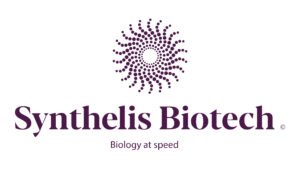
16h00
What Cell-Free Systems can do to Accelerate Drug Discovery & Development for Your Biologics?
- Plenary
Chairman
Summary
Discover how cell-free protein synthesis (CFPS) is transforming the way we approach drug discovery and biologics development. By removing the constraints of living cells, cell-free systems dramatically reduce timelines and open the door to new possibilities : from producing challenging targets like GPCRs and antimicrobial peptides, to rapidly generating vaccine antigens. This workshop will explore how going cell-free empowers researchers to accelerate innovation, tackle complexity, and move faster from idea to therapeutic reality.
Workshop Speakers & Round Table Panelists


Vincent POHER
CEO
Synthelis Biotech, France
What Cell-Free Systems can do to Accelerate Drug Discovery & Development for Your Biologics?


Bruno TILLIER
Head of business development
Synthelis Biotech, France
Cell-free expression as a tool to design bacteriocin cocktails against antimicrobial resistance
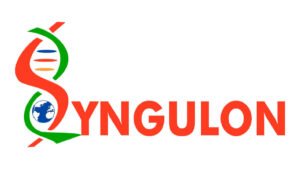

Alex QUINTERO
CTO
Syngulon, Belgium
Selection and Functional Characterization of Anti-CXCR4 Antagonistic VHHs
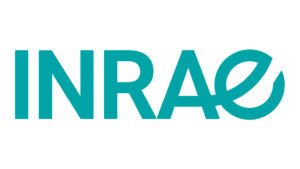

Eric REITER
Research Director
INRAE, France
Strategic Development for Quality Control of Biologics using Atomic Force Microscopy
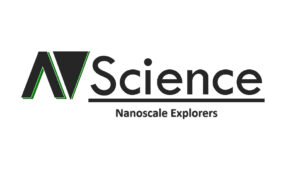

Arthur GAVEAU
CEO
A5 Science, France
Testimonial from a Representative of a Big Pharma Company
